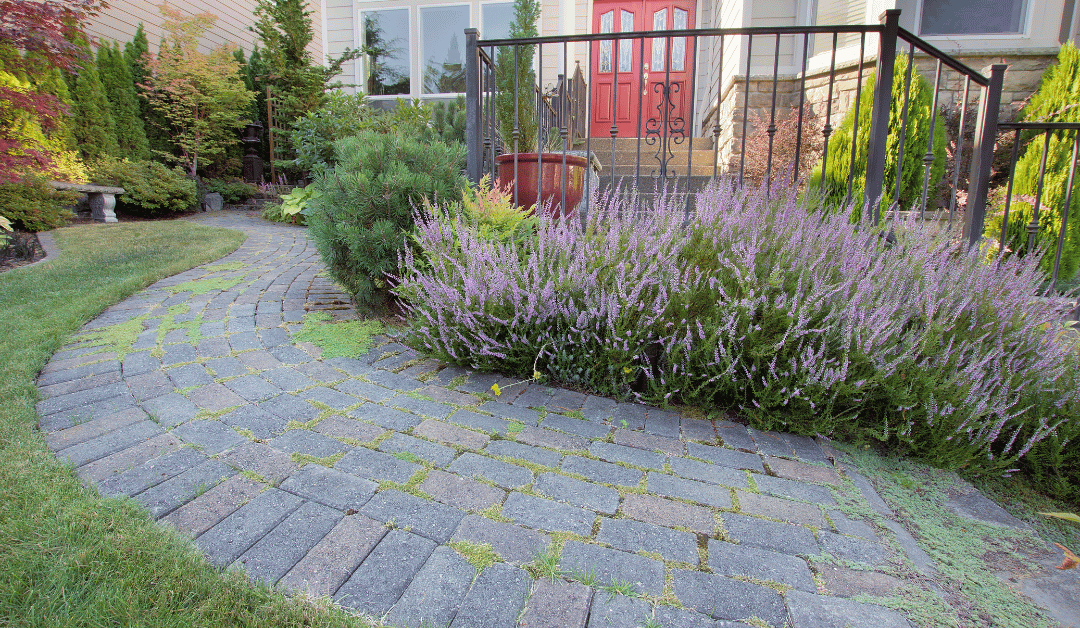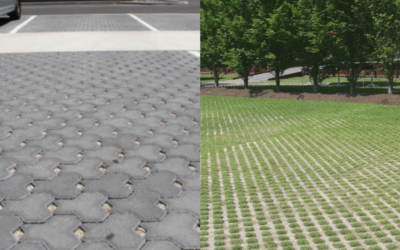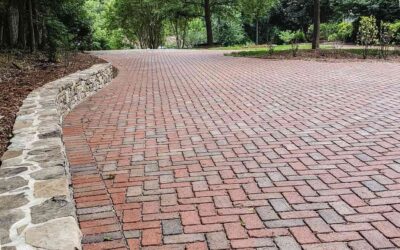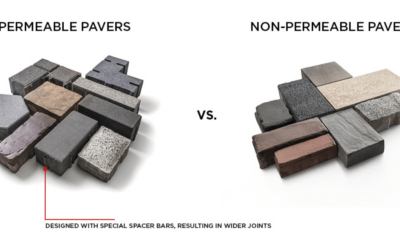Permeable pavers are game-changers in urban design, and they are employed to combat one of the most central issues that is rising. Stormwater runoff. Paving sounds like the simplest of tasks, but traditional, non-permeable surfaces like concrete and asphalt create huge environmental headaches. It traps rainwater, forcing it to flow into drains that often overwhelm city systems, carry pollutants into waterways and contribute to urban flooding.
On the contrary, permeable paving allows water to pass through their surfaces, which largely filters it naturally and reduces runoff. This sustainable approach doesn’t just prevent flooding; it helps protect ecosystems and keeps urban spaces cooler.
Key Benefits of Permeable Pavers
1) Runoff Reduction and Flooding Prevention
Unlike previous ones, permeable pavers let the rainwater directly into the ground by absorbing it, reducing the amount of runoff reaching city drains. Although this is particularly important during storms because of minimal flooding hazards, especially in high building density and lesser-developed drainage infrastructure, this system lets natural water absorption processes that could help avoid overloading stormwater systems and decrease the chances of costly flood damage.
2) Filtering Out Pollutants
Rain filtering through the permeable pavers layers of gravel and soil naturally traps these contaminants underneath them, allowing much cleaner water to re-enter into the ground, and thus helping support healthier local ecosystems with safer water quality.
3) Countering Urban Heat Island Effect
These impermeable surfaces of asphalt trap the heat of cities and make them considerably warmer than their surroundings, a naturally occurring phenomenon called the heat island effect. Permeable pavers help to counter this by letting air circulate through the soil beneath them and keeping surfaces cooler. Thus reducing the need for energy-intensive cooling systems.
4) Groundwater Recharge Supporting
Permeable pavers allow the rain to directly recharge the levels of groundwater on site instead of running off into the drains. This is an important type of recharge necessary for maintaining a healthy aquifer to maintain sustainable water use.
Conclusion
Ready to take that leap toward a more sustainable paving solution? Contact Virtus Concrete today to learn more about how permeable pavers can take your project to the next level, to know what are best permeable pavers and help Mother Nature in the process.









0 Comments